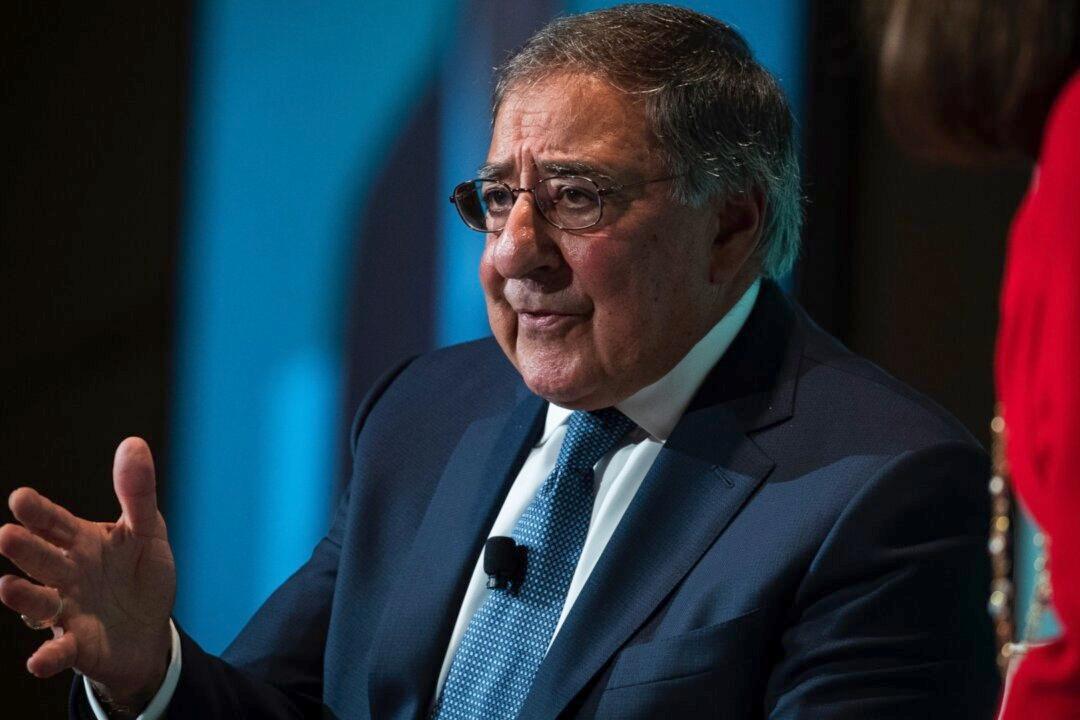A former CIA director called the Aug. 26 terrorist attack in the capital of Afghanistan President Joe Biden’s “worst nightmare,” adding that he believes American troops need to return to the war-torn nation to combat terrorism.
“I understand that we’re trying to get our troops out of there, but the bottom line is, we can leave a battlefield, but we can’t leave the war on terrorism, which still is a threat to our security,” said former CIA Director Leon Panetta, the secretary of defense under President Barack Obama who oversaw the U.S.-led mission that killed al Qaeda terrorist leader Osama bin Laden.





